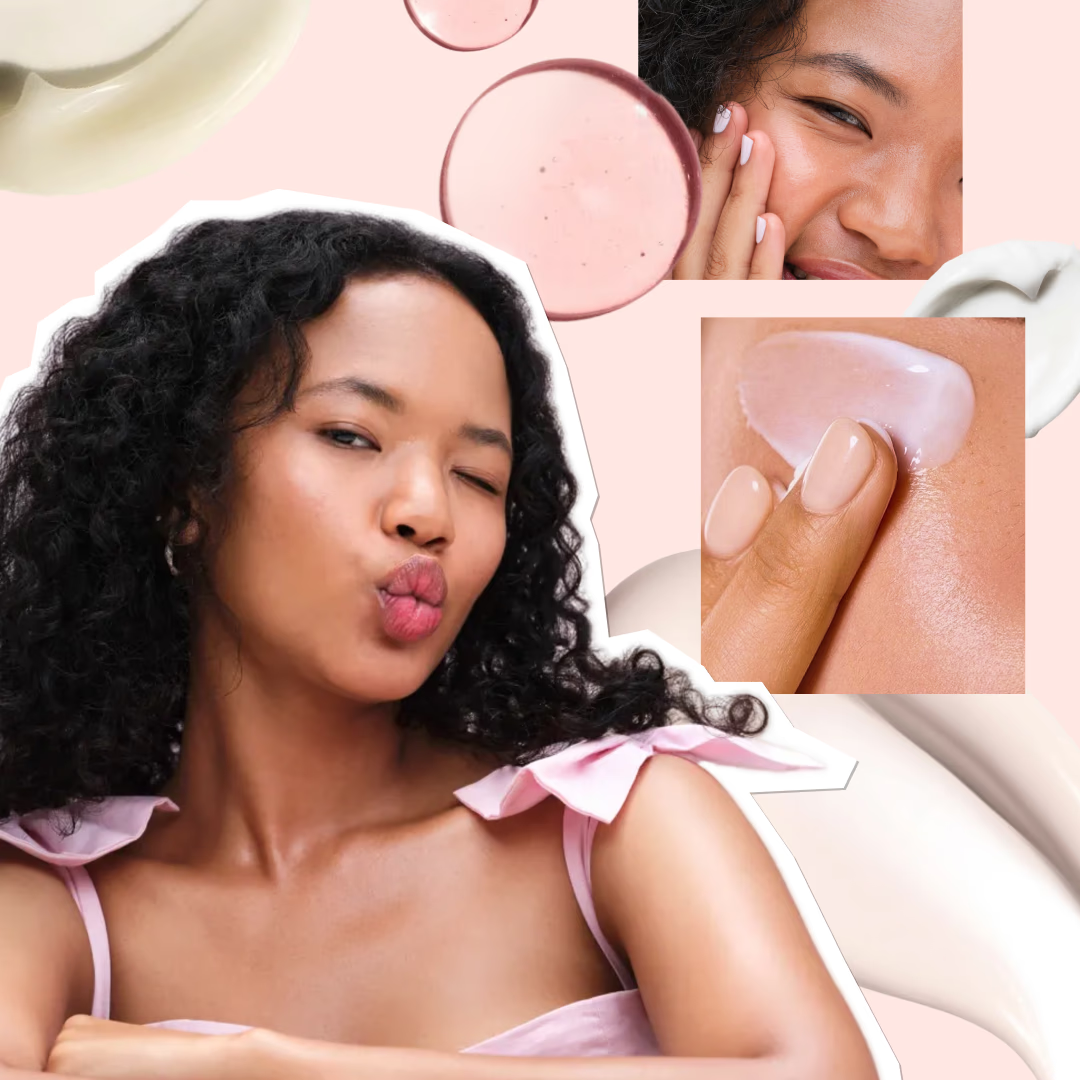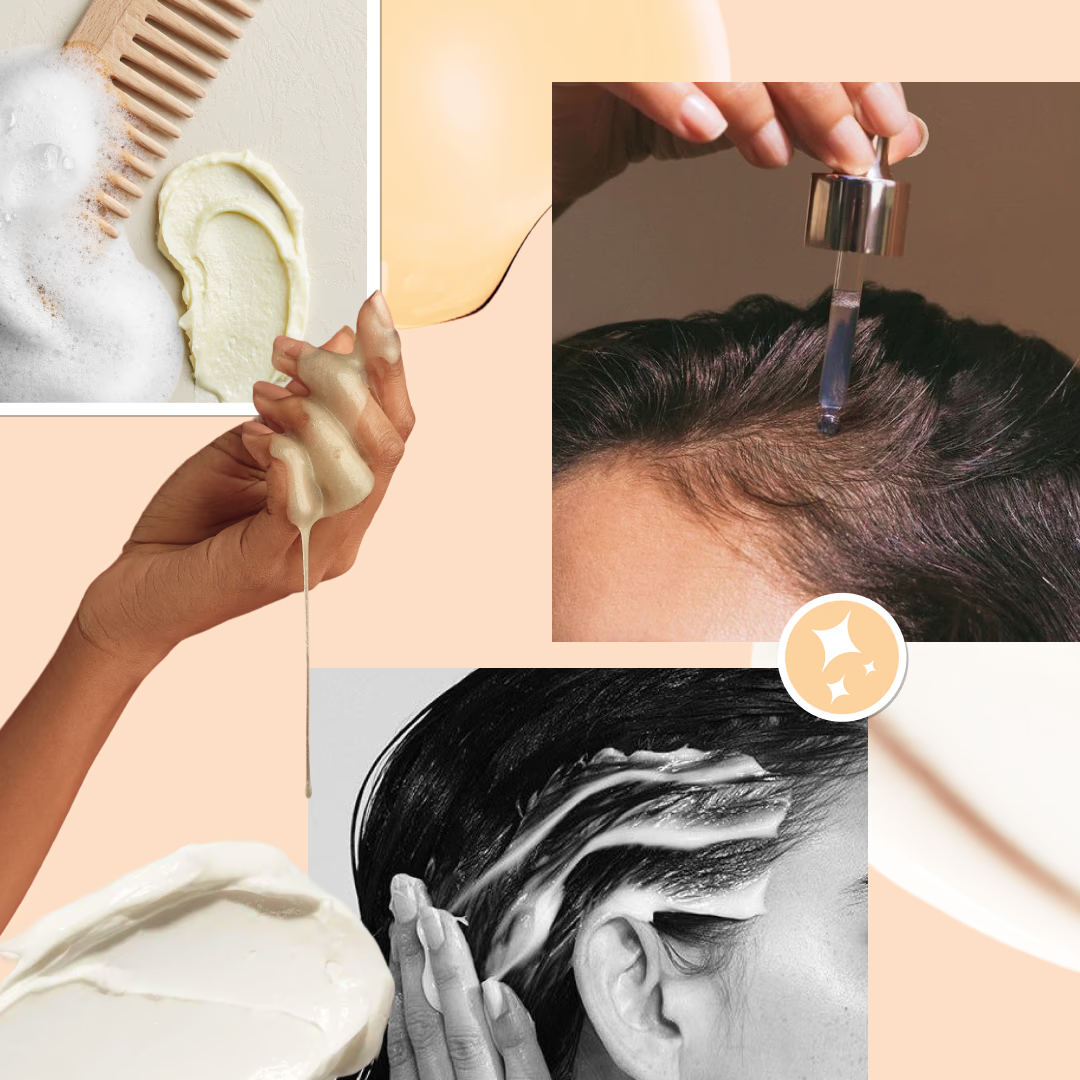
A few years ago, the no-makeup makeup look gained favour the world over—and since then, base makeup products that offer a barely-there, second-skin finish have been on every wishlist. In the early 2010s, the trend resulted in a resurgence of BB and CC creams. They’re lighter than foundation, help reduce the appearance of dark spots and even out skin tone for the rest of your makeup to look smooth and natural. But what's the real difference between them; and which one should you choose for yourself? We give you the complete lowdown below.
BB vs CC cream
BB (short for beauty balm or blemish balm) and CC (short for colour corrector) are base products that share similarities, but also differ in usage. Essentially, BB creams are just tinted moisturisers infused with skincare benefits like sun protection, anti-ageing and hydration. Their key function is to even out the skin tone while providing minimal coverage. These are often marketed as a multi-faceted must-have that can substitute moisturisers, sunscreens and foundations alike.
CC creams, on the other hand, are designed to offer the benefits of BB creams—in addition to colour-correcting benefits to combat redness or dark spots. They are even lighter in texture than BB creams and provide a more natural finish.

How are BB and CC creams different from foundation?
Can a BB or CC cream be used in place of a sheer, lightweight foundation? This is a common question for anyone looking to incorporate these creams into their makeup routine. Here’s the three-point guide you need.
- Starting with the lightest, CC creams offer minimal coverage while evening out redness and hyperpigmentation. They do not provide a polished, smooth layer of coverage that foundations offer. So, if you wish to focus on an even skin tone without the heavy coverage, a CC cream will suffice.
- BB creams are heavier than CC creams, but lighter than foundation. With many skincare benefits, they have become popular among beauty enthusiasts. They are best suited to people who have a relatively even skin tone and do not want full coverage. A BB cream’s USP lies in offering a natural-looking finish.
- Foundations, as opposed to cream bases, come in different formulations such as liquid, cream, powder and stick. Depending on that, they can provide light to full coverage. Some can also reduce the appearance of redness or blemishes and create a smoother canvas for the next steps.
BB vs CC creams: Which one should you choose?
BB and CC creams are usually suitable to most skin types. A simple label check can help you decide which one would be the right fit for you.
Oily and combination skin can benefit from oil-absorbing ingredients like silica or kaolin clay. The current market trend favours matte finish CC creams, which are a safer option than BB creams, for oily to combination skin. For grease-prone skin, stick to water-based formulations with sheer coverage.
In case you have dry skin, look for ingredients like hyaluronic acid, glycerin or ceramides. Given that BB creams are infused with nourishing ingredients to give a more radiant finish, they often one-up CC creams for dry skin types. In terms of formulation, heavier textures with medium coverage are suitable for a dry skin type.







.PNG)
.PNG)
.PNG)
.PNG)
















